Industrial IoT: Connecting the Factory of the Future
In the age of smart technology, the lines between the real and digital world are increasingly blurred. As we witness a transformative shift in the way businesses operate, the industrial sector is no exception. From smart sensors in machinery to connected devices analyzing data in real time, these innovations define the Industrial Internet of Things (IIoT). Welcome to the future of manufacturing, where efficiency meets intelligence and production processes are more seamless than ever.
In recent years, the Internet of Things (IoT) has evolved from a concept to a reality, revolutionizing industries worldwide. In the industrial realm, this evolution is driven by data that not only forms the backbone of IIoT but also propels its growth. As manufacturers strive to stay competitive, integrating these advanced systems into operations becomes essential. Manufacturers now have the ability to monitor, analyze, and enhance their production lines, thanks to these innovative technologies. The journey into the world of IIoT is a journey into the heart of the factory of tomorrow.
Unleashing the Power of Data
As we delve deeper into IIoT, we recognize the pivotal role that data plays in transforming industrial landscapes. In the manufacturing sector, data is no longer just a byproduct; it’s a critical asset that drives decision-making and operational improvements. By collecting and analyzing real-time information from connected devices, manufacturers can optimize their production processes, reduce downtime, and ensure seamless operations.
One of the key components of IIoT is the deployment of sensors and connected devices throughout the manufacturing environment. These smart devices gather vast amounts of data related to machine performance, energy consumption, and environmental conditions, among others. Manufacturers can harness this data to monitor equipment health, predict failures, and schedule maintenance, thus minimizing disruptions and enhancing efficiency.
Moreover, advanced analytics and machine learning algorithms enable us to uncover patterns and insights from collected data, facilitating proactive decision-making. By integrating these insights into production management systems, manufacturers can respond swiftly to changes in demand, optimize resource utilization, and ultimately enhance their competitive edge. In essence, data becomes the lifeblood of Modern manufacturing, driving innovation and ensuring the smooth functioning of the industrial ecosystem.
Smart Systems for Enhanced Operations
With the advent of IIoT, manufacturers are presented with an unparalleled opportunity to revolutionize their production lines through smart systems. These innovative technologies are designed to work in harmony, creating an ecosystem where every component communicates and collaborates seamlessly.
Smart systems are powered by interconnected devices that form a robust network, facilitating enhanced operations across the entire value chain. By leveraging IIoT, manufacturers can achieve a level of automation that ensures consistent production quality, reduces human error, and maximizes throughput. With systems that are not only connected but also intelligent, manufacturers gain complete visibility over their operations.
A vital aspect of IIoT is predictive maintenance, which leverages data from sensors to forecast when machinery needs attention before any issues arise. This preemptive approach to maintenance mitigates costly downtimes and extends the lifespan of industrial equipment. Furthermore, IIoT enables real-time monitoring of equipment performance, allowing manufacturers to make informed decisions that optimize production efficiency.
As these smart systems continue to evolve, they pave the way for the incorporation of artificial intelligence and machine learning, further enhancing the adaptability and resilience of industrial operations. The result is a more agile and responsive manufacturing process, one that is capable of adapting to dynamic market conditions and emerging trends.
The Future of Manufacturing: A Connected Ecosystem
As we gaze into the future, the horizon of manufacturing is illuminated by the prospects of a connected ecosystem. IIoT is not just a technological advancement; it is a paradigm shift that is redefining the way we view industrial operations. In this new world, manufacturers are not isolated entities but integral parts of a larger, interconnected network.
This interconnectedness enables seamless communication between different facets of production, from sourcing raw materials to delivering the finished product. By adopting IIoT technologies, manufacturers can tap into a treasure trove of data, fostering collaboration and innovation across the supply chain. This smart ecosystem provides real-time insights into every stage of production, empowering manufacturers to optimize processes, reduce waste, and enhance sustainability.
In the realm of manufacturing, connected devices facilitate greater transparency and traceability, ensuring that each step of the production process is monitored and controlled. This level of oversight not only enhances quality assurance but also builds consumer trust. As IIoT continues to mature, we anticipate the emergence of Smart factories that are not only efficient but also agile, adaptable, and resilient.
The future of manufacturing is one where IIoT serves as the backbone of a vibrant, connected ecosystem. This transformation is not just about adopting new technologies; it’s about rethinking the entire industrial landscape to create a more sustainable, efficient, and innovative future.
As we navigate the waters of this industrial revolution, we find ourselves at the cusp of remarkable possibilities. The integration of IIoT into manufacturing is setting the stage for a future where production is smarter, more efficient, and more connected than ever before.
The journey toward a connected factory is not without its challenges, but the rewards are undeniably profound. As manufacturers, we have the opportunity to harness the power of data, improve efficiency, and enhance our operations through the lens of IIoT. With each step forward, we move closer to a world where smart technology and human ingenuity converge to create a sustainable and prosperous future for industrial manufacturing.
In this new era, we must remain adaptable and open to innovation. The tools and technologies at our disposal are evolving rapidly, and it is crucial that we leverage them to their fullest potential. By embracing the principles of IIoT, we can transform the industrial landscape, achieving heights of efficiency and innovation that were once unattainable.
The connected Factory of the Future is not a distant dream but a tangible reality that is within our reach. Together, let us chart the course for tomorrow’s factory, forging a path that leads to a brighter, more innovative future in the world of industrial manufacturing.
FAQ
What is Industrial IoT and how does it differ from the general Internet of Things?
Industrial IoT (IIoT) refers to the application of Internet of Things technology in industrial sectors, such as manufacturing, energy, and logistics. While both IIoT and IoT use connected devices to gather and exchange data, IIoT focuses specifically on optimizing industrial processes, increasing efficiency, and enhancing operational safety.
How does Industrial IoT enhance the factory environment?
Industrial IoT enhances factories by enabling real-time monitoring of equipment, predictive maintenance, and improved supply chain management. By connecting machines and systems, IIoT facilitates data-driven decision-making, reduces downtime, and increases productivity, creating a smarter and more efficient manufacturing environment.
What are some key technologies involved in Industrial IoT?
Key technologies in IIoT include sensors for data collection, edge computing for processing data closer to the source, cloud computing for storage and analysis, and advanced analytics for deriving actionable insights. Additionally, machine learning and artificial intelligence play crucial roles in predictive maintenance and process optimization.
What challenges might manufacturers face when implementing Industrial IoT solutions?
Manufacturers may encounter challenges such as integrating IIoT with legacy systems, ensuring data security and privacy, and managing the large volumes of data generated. There may also be a need for upskilling the workforce to handle new technologies and adapting organizational structures to leverage IIoT effectively.
How can businesses measure the success of their Industrial IoT initiatives?
Businesses can measure the success of IIoT initiatives by evaluating key performance indicators such as reduced downtime, improved production efficiency, cost savings, and enhanced product quality. Additionally, tracking the return on investment (ROI) and the impact on customer satisfaction can help assess the effectiveness of IIoT implementations.
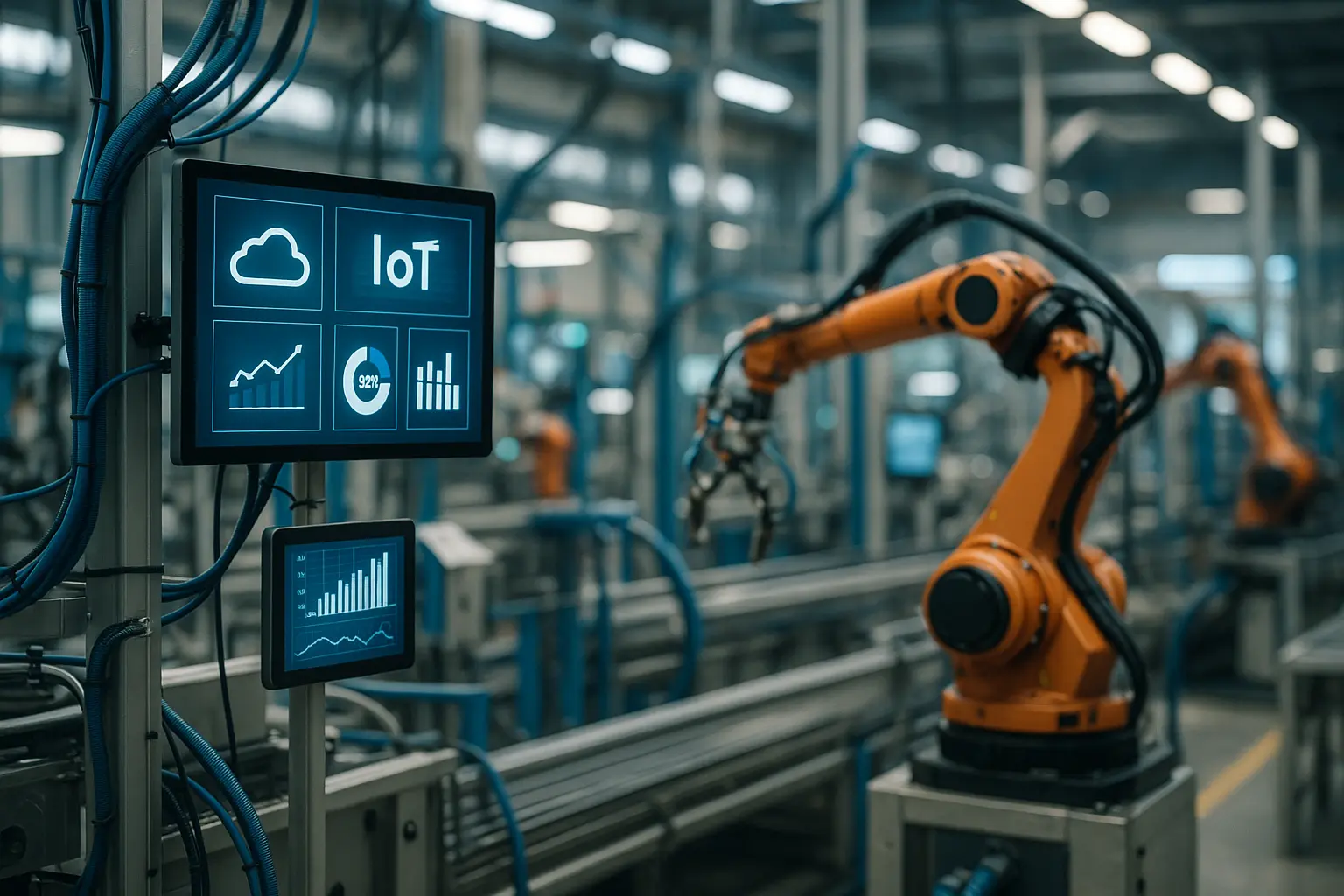
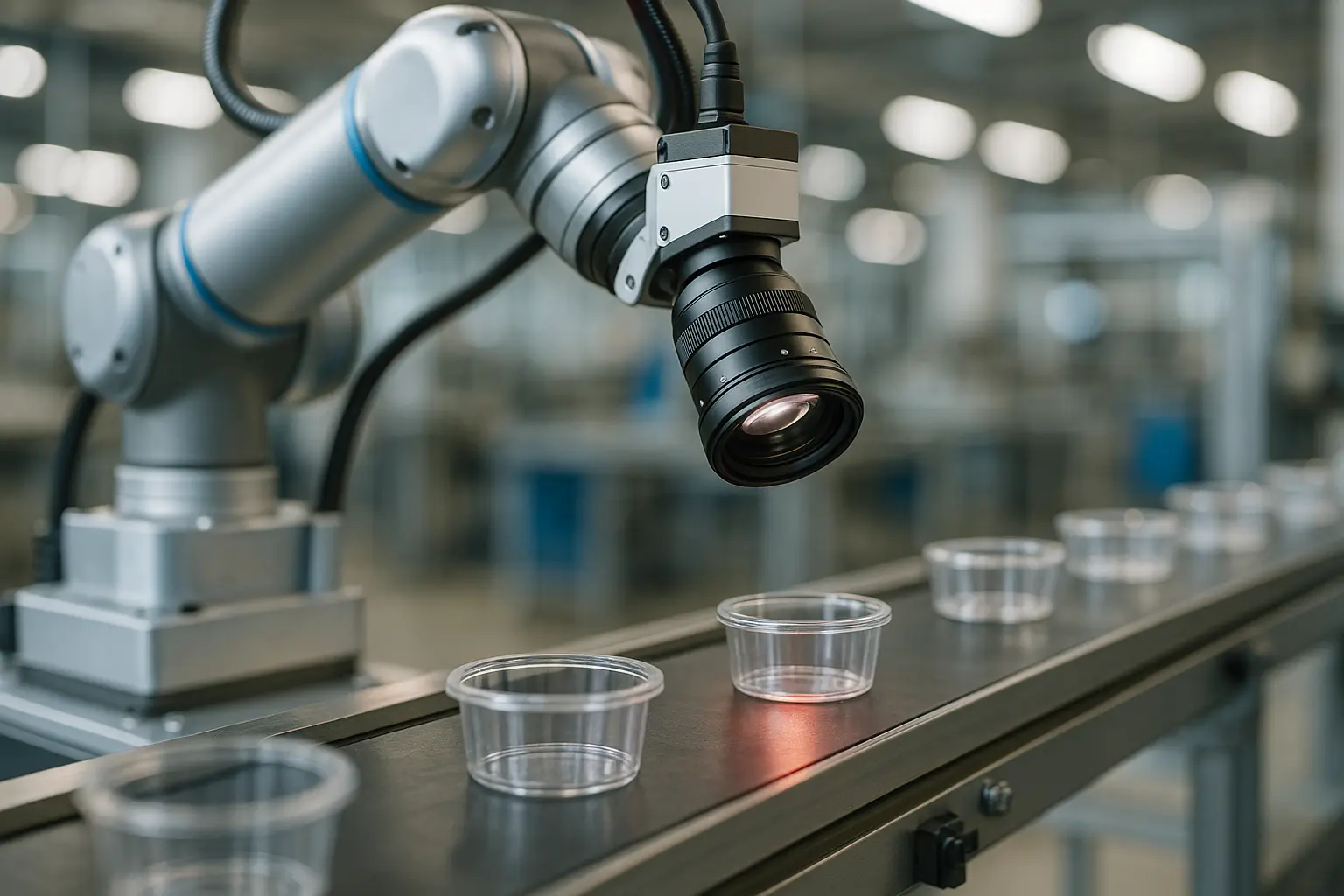
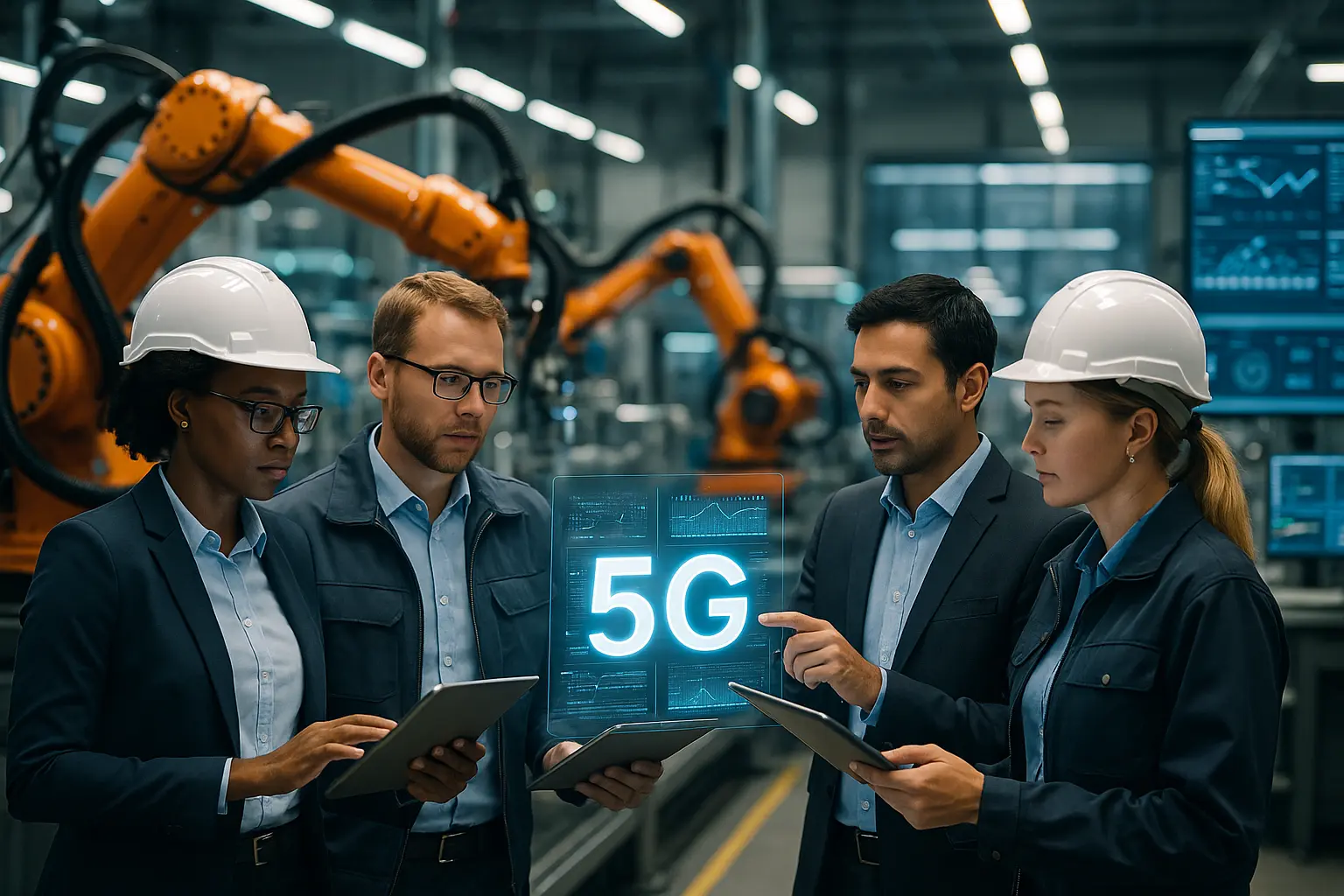
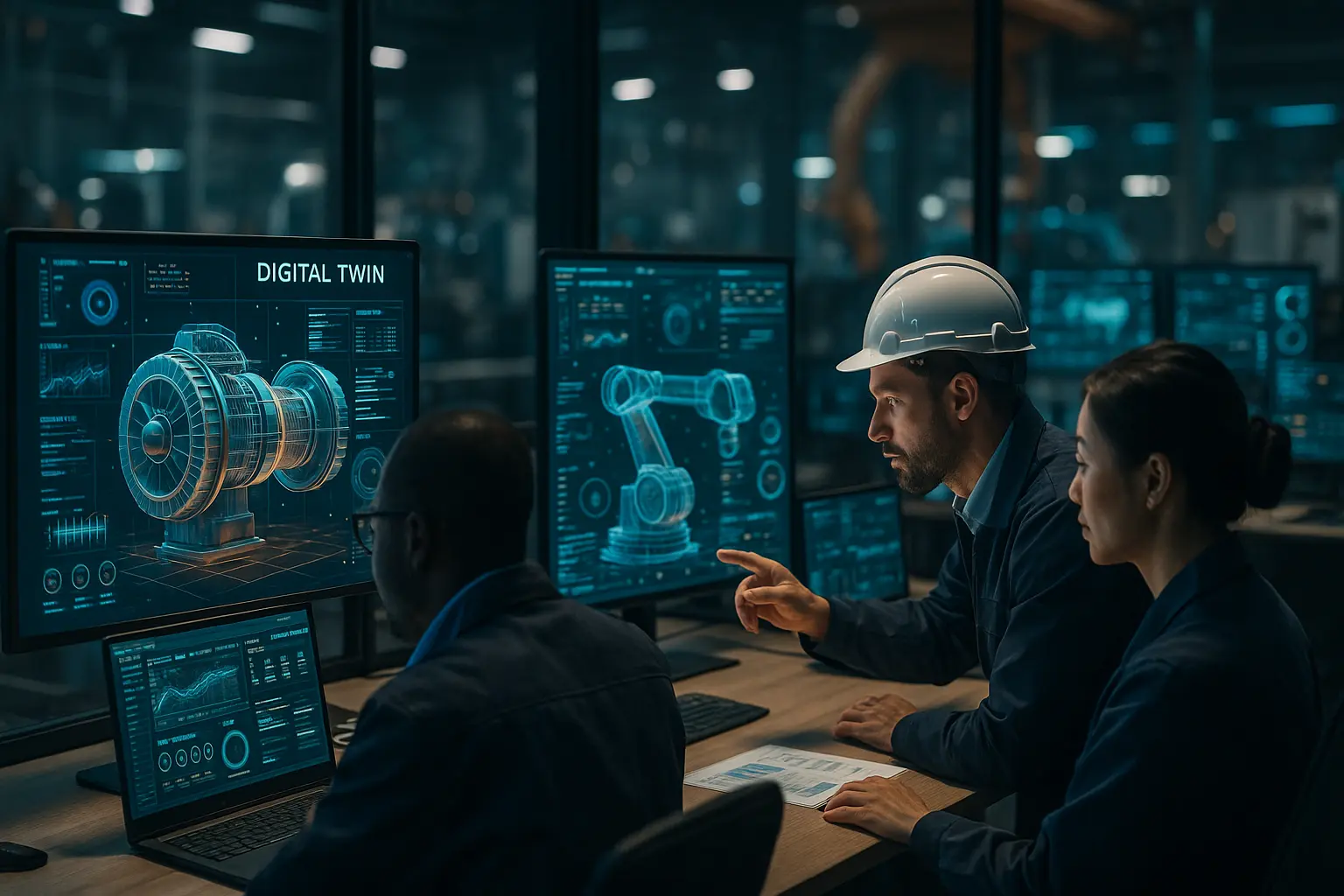

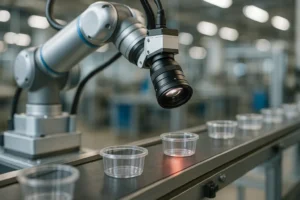


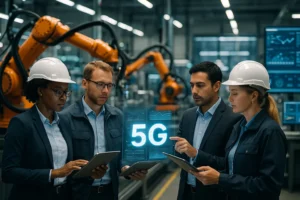



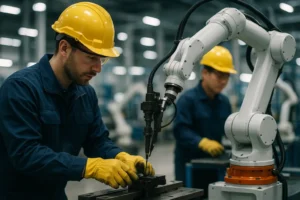

Post Comment